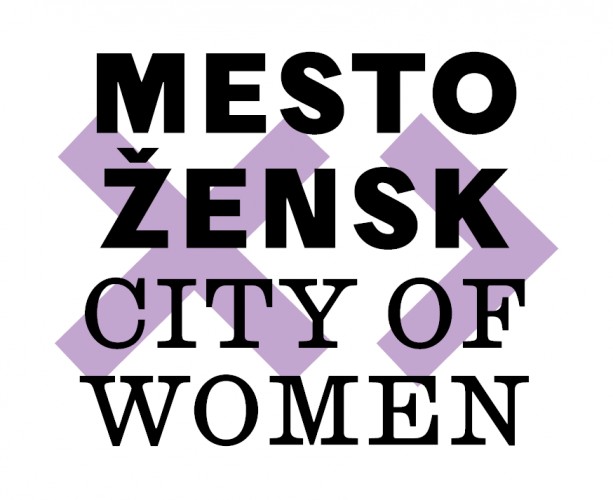“Schüttehausproject / Schuettehouse project displays a powerful political and deeply artistically engaged position that re-frames, indeed, the anti-fascist resistance politics against the German national consensus in Carinthia, Austria. The authors, Eva Egermann, and Christina Linortner, connect brilliantly politics at its purest (anti-fascism, (anti-)communism) with politics of representation that question spaces, structures and institutions in which knowledge of history is generated and memory codified. And this is something that should deeply affect contemporary thought about history in Slovenia, too.” (Marina Gržinić)
Originally created as a publishing house for the communist weekly newspaper Volkswille, the Schüttehouse was designed by Austria’s first woman architect, Margarete Schütte-Lihotzky (1897-2000) in 1948. Construction began just four years after she herself had been freed from a Nazi prison.
After completing her architecture studies, Margarete Lihotzky became involved in the resettlement movement, and thus became familiar with the living conditions and problems of Vienna’s working classes, as well as perceived the misery of the masses that had resulted from unresolved existential problems. Her work can be seen in the context of contemporary ideas of modernism, massive social reforms and a desire to create a new social order. In 1930 she went to Moscow to build houses for children and new industrial cities. In 1940, Margarete Lihotzky decided to return to Austria and join the anti-fascist resistance movement. After the war she resumed her work as an architect with strong political commitments.
Located at Südbahngürtel 24 in the southern Austrian city of Klagenfurt (known as Celovec to the Slovenes) the house, today known as Volkshaus / Ljudski Dom (People’s House), is used as a community facility by Carinthian Slovenes, the IKUC Intercultural Center, as well as the so-called Balkan Klub.
˝The Schüttehouse Project is about a marginalised history that has disappeared from collective memory and our everyday lives. It is also about social struggles in the Second Republic of Austria, the biography of a communist architect and an anti-fascist resistance heroine, a Germanic nationalist consensus in Carinthia, as well as the memory of architecture, and its future potential to become a museum to the struggle against fascism.˝ (Eva Egermann & Christina Linortner)
The Schüttehouse Project also encompasses interviews entitled Nach der Freiheit... (Towards Freedom...) published as a supplement to MALMOE magazine. Interviews with activists of the antifascist resistance movement in Austria (Ana Zablatnik & Lonki Schellander, Fritz Probst, Irma Schwager, Hans Landauer, Irma Trksak) address issues of governance, rebellion and uprising in relation to everyday life in a current neoliberal system that seems to have no alternatives.


